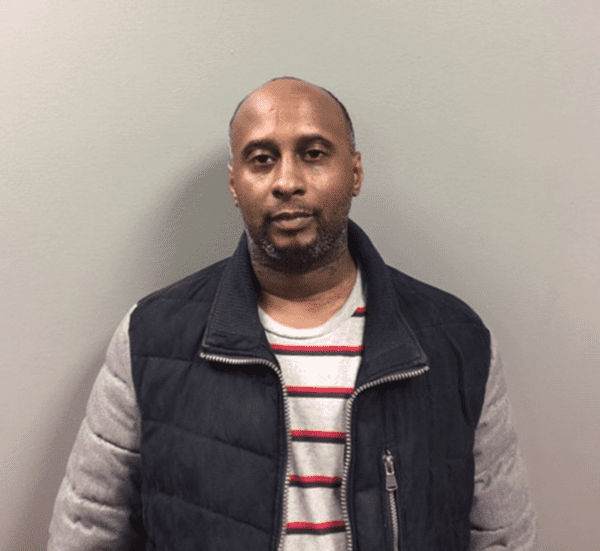Michigan State Shooter Had Prior Felony Gun Charge Dismissed by Progressive Prosecutor
Josh Christenson, Washington Free Beacon, February 14, 2023
A gunman who killed three and wounded five others at Michigan State University on Monday would have been barred from owning a firearm at the time of the shooting had he not had felony gun charges dismissed by a progressive prosecutor.
Anthony McRae was charged in June 2019 with illegally carrying a concealed handgun without a permit, but later had those charges dismissed by the office of Ingham County prosecutor Carol Siemon (D.). Her office instead let McRae plead guilty to a lesser misdemeanor gun charge, and he served a little more than a year on probation, which ended May 2021. He initially faced up to five years in prison for the felony charge, the Detroit News reported.

Anthony McRae
Siemon retired from the prosecutor’s office at the start of this year after facing criticism from judges and law enforcement officials for her soft-on-crime policies. {snip}
Siemon made it her office’s official policy in August 2021 to drop mandatory prison sentences for felony firearms charges. She said the sentencing enhancement led to “dramatic racial inequity” and was “not in any way linked to the goal that we share of keeping the public safe.”
Siemon is part of George Soros’s vast public safety network. She has participated in international criminal justice reform junkets with other “reform-minded” prosecutors like Philadelphia’s Larry Krasner (D.), Chicago’s Kim Foxx (D.), and Los Angeles’s George Gascón. {snip}
{snip}
In 2021, the Vera Institute for Justice, a think tank funded by Soros’s Open Society Foundations, also praised Siemon and other reform prosecutors who pledged to reduce racial disparities in prosecution. Siemon boasted about the changes she made in her office when she announced her retirement in November.
“I believe we have made substantial progress to reform the justice system and provide for a proportionate response to criminal charges,” she said. “We have changed the prosecutors’ office’s charging and sentencing practices, to provide a greater range of options to hold people accountable for the harm they cause while reducing incarceration, and continuing to serve victims and to expand their services and support.”
{snip}















